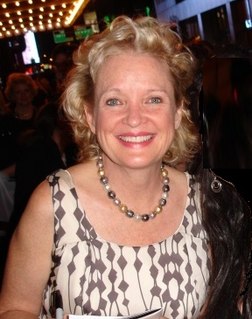A Quote by Christine Ebersole
There's a Zen to acting, by being in the moment. That's where the power is.
Related Quotes
The basic idea of Zen is to come in touch with the inner workings of our being, and to do this in the most direct way possible, without resorting to anything external or superadded. Therefore, anything that has the semblance of an external authority is rejected by Zen. Absolute faith is placed in a man's own inner being. For whatever authority there is in Zen, all comes from within.
If you are thinking, you can't understand Zen. Anything that can be written in a book, anything that can be said - all this is thinking . . . but if you read with a mind that has cut off all thinking, then Zen books, sutras and Bibles are all the truth. So is the barking of a dog or the crowing of a rooster. All things are teaching you at every moment, and these sounds are even better teaching than Zen books.
But when you're in front of an audience and you make them laugh at a new idea, you're guiding the whole being for the moment. No one is ever more him/herself than when they really laugh. Their defenses are down. It's very Zen-like, that moment. They are completely open, completely themselves when that message hits the brain and the laugh begins. That's when new ideas can be implanted. If a new idea slips in at that moment, it has a chance to grow.





























